Laying hens require more nutritious feed for better egg production. A proper diet with all necessary nutrients available, can ensure maximum and regular egg production. Quality of feeds also control the growth and quality of eggs.
So high quality and nutritious feeds are essential when your hens become mature and start laying. Free range chickens also require additional supply of calcium and protein in their regular diet.
What to Feed Laying Hens
Learn more about what to feed laying hens for proper growth, healthy life and maximum egg production.
Chicken Feed
There are various types of formulated feeds available in the market for chickens according to their age and types of hens. You will find feeds for your chicks, growing chicks and mature one.
And you can feed your laying hens this types of commercially prepared chicken feed. Commercially prepared feeds contain the appropriate amounts of carbohydrates, protein, minerals and vitamins that are essential for laying hens.
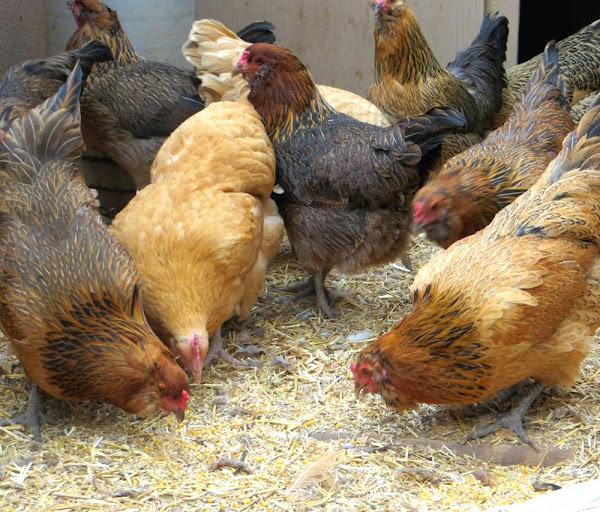
15 to 18 percent of protein containing feeds are required for your laying hens. Ensure availability of this amount of protein in your hen’s diet when they start laying or for beginning 20 weeks.
As this types of formulated feeds fulfill all your laying hen’s nutritional demands, they will also enjoy other foods as treats. Always provide them fresh formulated chicken feed.
Greens
Chickens enjoy all kinds of greens including grasses, leaves, plants etc. Fresh greens, tender grass clippings, table scraps, vegetables etc. are effective greens for your laying hens.
Garlic or onions are strongly flavored vegetables. Avoid feeding your laying hens this types of vegetables because the flavor may transfer to their eggs.
If you raise your hens in free range system, then avoid using chemicals, fertilizers or pesticides near their browsing area. Never serve your hens huge amount of greens.
Limit the greens to a certain amount that your hens can eat within 20 to 30 minutes and always provide fresh greens.
Scratch Mix
Naturally chickens love to scratch up the soil and eat bugs, insects, grit and greens. You can provide your hens scratch mix that is an assortment of grains and seeds like barley, corn, oats or wheat.
You can scatter this type of scratch mix over the ground for your hens and they will enjoy it. Limit the amount of scratch mix. Provide them such amount of scratch mix that they can eat within 20 minutes.
Along with scratch mix, add a feeder with granite grit for the hens to peck. Your laying hens need this additional grit to grind up the seeds and grains.
Supplemental Calcium & Vitamins
Supplement the feed of your laying hens with extra vitamins and calcium whether they eat commercially prepared feed or feed free range. Calcium helps to make the eggshells strong.
And vitamins are essential for proper growth and better production. You can keep ground oyster shell in a separate feeder for your hens. Doing this will help your hens to get sufficient amount of calcium.
Water
Along with feeding high quality and nutritious feeds, your laying hens also need a consistent water source. Normally, chickens drink double or triple than the total amount of feed they consume each day.
So, ensure availability of clean and fresh water always and check the watering pot several times a day. Lack of water can results stressed and dehydrated hens.
And stressed hens might stop laying eggs for several days, even weeks. So, always provide sufficient amount of clean and fresh water to your laying hens.
Providing high quality and nutritious food is very important for raising laying hens. So, always ensure availability of all types of necessary nutrients in the regular diet of your laying hens.
Hope this guide has helped you. Consider sharing it with your friends and family members if you find it helpful. Good luck and may God bless you!
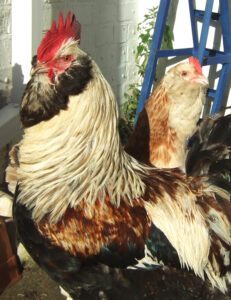
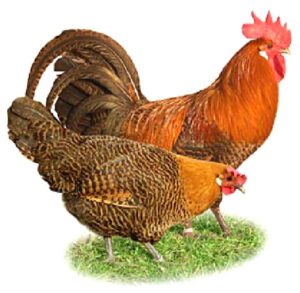
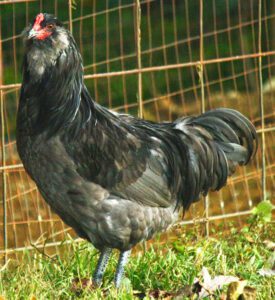
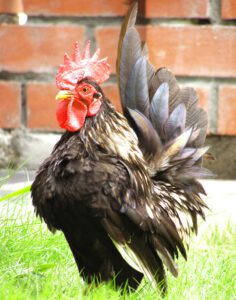
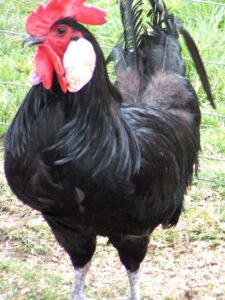
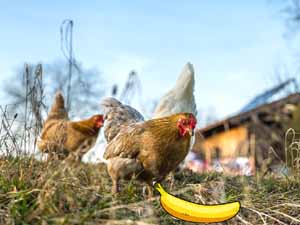
I have fallen in love with the lesson and want more, i love poultry business.
Hi
Could you please tell me how to incubate broiler chicken? Which chicken do I need to incubate?
Please let me know and thanks
Mone,
Thanks for the info I would like to receive more information in farming and animal husband
You can subscribe to our blog to get the latest post to your inbox. Thank you!